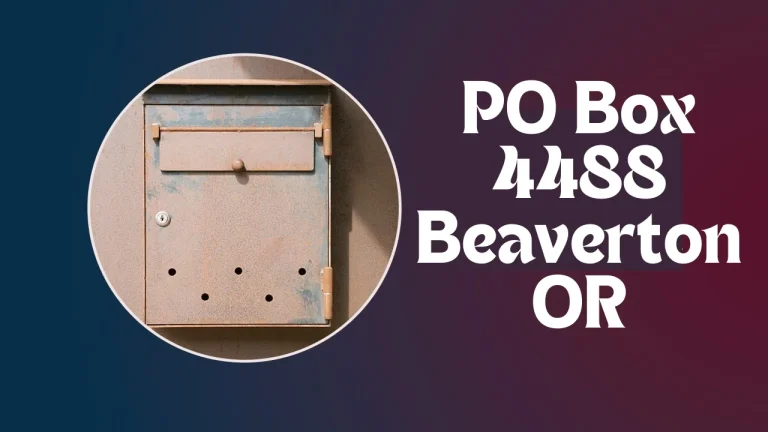The Essential Guide to Walkers for the Elderly: A Comprehensive Overview
As the global population continues to age, the need for assistive devices to enhance the quality of life for seniors becomes increasingly important. Among these devices, walkers for the elderly play a crucial role in providing support, stability, and independence for those with mobility challenges. In this comprehensive guide, we will explore the various aspects of Walker For Elderly, including their types, features, benefits, and tips for choosing the right one.
Types of Walkers:
- Standard Walkers:
- Standard walkers are the most basic type, consisting of a lightweight, rigid frame with four legs.
- They offer excellent stability but may require more effort to maneuver due to the need to lift the walker with each step.
- Front-Wheeled Walkers:
- These walkers feature two wheels on the front legs, making them easier to move and turn.
- They provide a good balance between stability and maneuverability.
- Rolling Walkers (Rollators):
- Rollators come with four wheels, a seat, and handbrakes, offering increased mobility and a convenient seat for resting.
- Some models include additional features such as baskets or pouches for carrying personal items.
- Three-Wheeled Walkers:
- Designed for individuals who need more support than a cane but desire increased maneuverability.
- They have a triangular frame with a single wheel in the front and two wheels in the back.
Key Features:
- Adjustable Height:
- Most walkers come with adjustable height settings to ensure a comfortable fit for the user.
- Proper height adjustment is crucial for maintaining good posture and reducing strain on joints.
- Foldability:
- Many walkers are designed to be foldable, making them easy to transport and store.
- This feature is especially valuable for seniors who travel or have limited storage space.
- Brakes:
- Walkers with wheels often come equipped with handbrakes to provide additional safety and control.
- The braking system should be easy for the user to operate and should effectively prevent unintended movements.
- Seats and Storage:
- Rollators often feature built-in seats and storage compartments, allowing users to take a break and carry personal items.
- These features enhance the convenience and functionality of the walker.
Benefits of Walkers for the Elderly:
- Enhanced Mobility:
- Walkers provide seniors with a reliable means of support, allowing them to move more freely and confidently.
- Independence:
- Using a walker empowers seniors to perform daily activities independently, boosting their sense of self-sufficiency.
- Fall Prevention:
- Walkers offer stability, reducing the risk of falls and injuries, which is crucial for elderly individuals with balance issues.
- Improved Social Interaction:
- By promoting mobility, walkers enable seniors to participate in social activities, fostering a sense of connection and well-being.
Choosing the Right Walker:
- Consultation with Healthcare Professionals:
- Before selecting a walker, it’s essential to consult with healthcare professionals to assess the specific needs and preferences of the user.
- Try Before You Buy:
- Users should test different walkers to find the one that provides the best fit and comfort.
- Consider Environment and Lifestyle:
- The user’s living environment and lifestyle should influence the choice of walker. For example, those with active outdoor lifestyles may prefer a rollator with larger wheels.
Conclusion:
Walkers for the elderly are indispensable tools that contribute significantly to the well-being and independence of seniors. As technology and design continue to evolve, walkers are becoming more versatile, customizable, and user-friendly. By understanding the types, features, and benefits of walkers, individuals and their caregivers can make informed decisions to improve the overall quality of life for seniors with mobility challenges.





